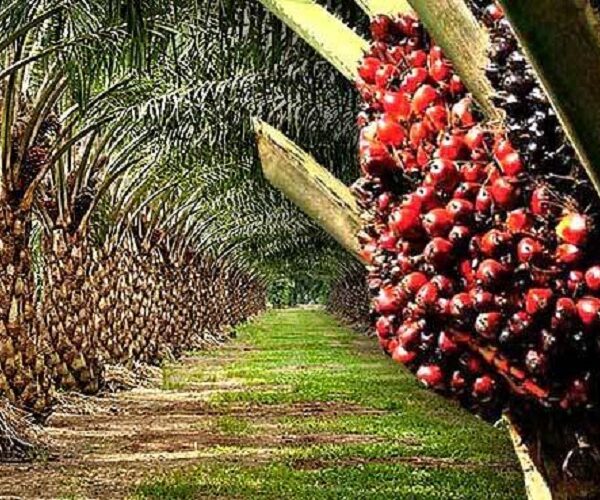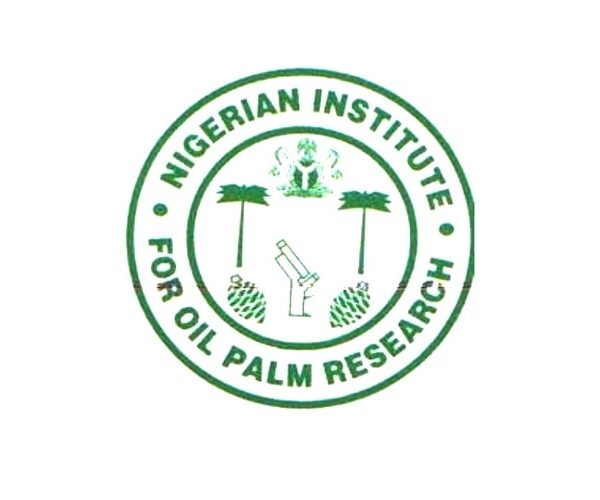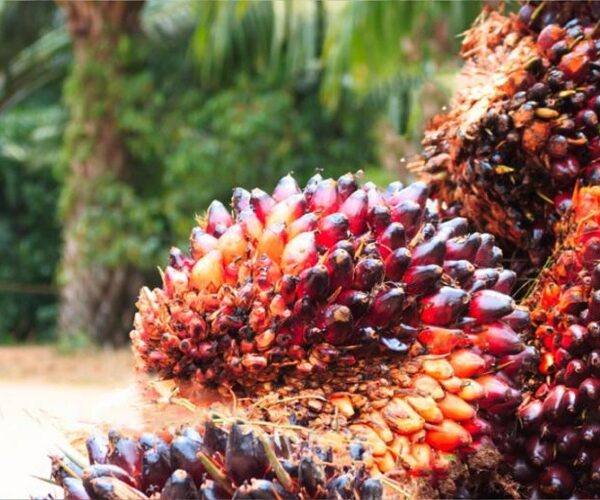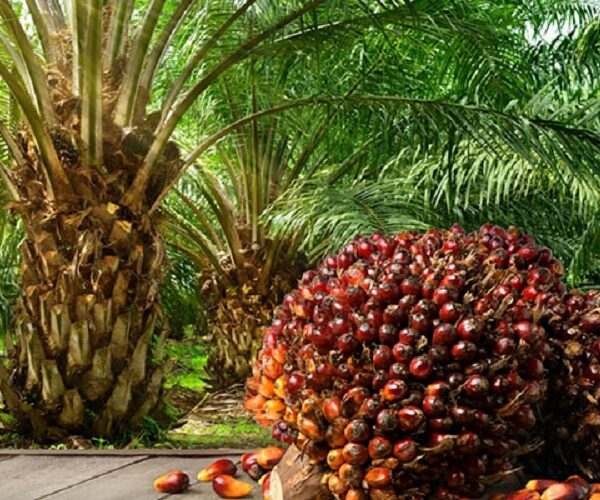- Government Organisation
- Benin City, Edo, Nigeria
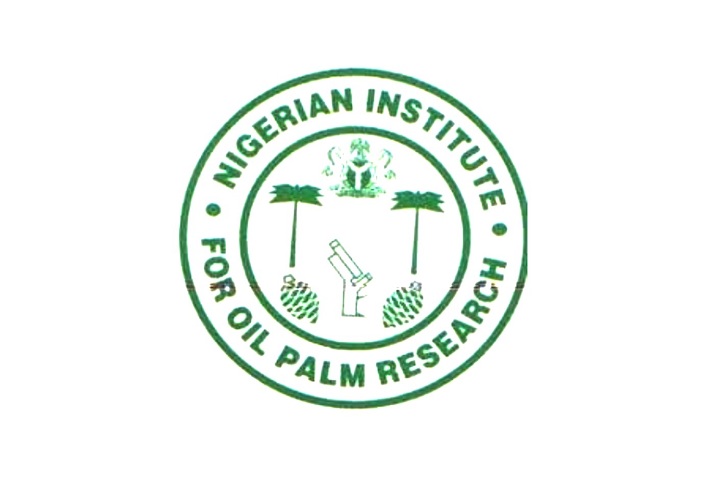
Nigerian Institute for Oil Palm Research (NIFOR)
WELCOME TO NIFOR
The Nigerian Institute for Oil Palm Research (NIFOR) is recognized internationally as a leading research institution in the field of oil palm. With its significant contributions to the global oil palm industry, NIFOR has earned a distinguished reputation as one of the foremost centers of excellence in oil palm research.
Founded with the mission to improve oil palm production and processing, NIFOR has developed an impressive track record over the years, thanks to its highly trained and dedicated scientific staff, state-of-the-art research facilities, and commitment to innovation. The Institute’s research spans a wide range of disciplines, including plant breeding, agronomy, pest and disease control, and oil palm processing technologies, all aimed at enhancing the productivity, sustainability, and economic viability of the oil palm industry.
NIFOR’s facilities, including well-established experimental stations, are equipped with modern infrastructure that supports cutting-edge research and development. These facilities, combined with the Institute’s culture of scholarly excellence and practical relevance, enable NIFOR to make substantial contributions not only to Nigeria’s oil palm sector but also to global oil palm production.
With its wealth of knowledge, expertise, and infrastructure, NIFOR continues to play a pivotal role in advancing the oil palm industry, ensuring its contribution to food security, rural development, and economic growth in Nigeria and beyond.
Brief History of the Nigerian Institute for Oil Palm Research (NIFOR)
The Nigerian Institute for Oil Palm Research (NIFOR) has a rich history that traces back to the early efforts in Nigeria to advance agricultural research and improve the productivity of key cash crops. Oil palm, a vital crop for both local consumption and international trade, has long been central to the agricultural economy of Nigeria, and the establishment of NIFOR marked a significant milestone in the country’s efforts to enhance oil palm production.
Early Beginnings
The history of NIFOR dates back to the early 1960s when the Nigerian government recognized the importance of oil palm as a major economic resource for the nation. During this period, oil palm was already one of Nigeria’s most important cash crops, playing a crucial role in the economy, particularly in the southeastern and southern regions. Despite its economic importance, the country faced challenges in improving yields and addressing pests, diseases, and other production issues that hindered the industry’s growth.
In response to these challenges, the Nigerian government began to lay the groundwork for the establishment of a dedicated research institution that would focus on the scientific and technological advancement of oil palm cultivation and processing. This led to the formation of the Oil Palm Research Scheme under the Ministry of Agriculture in 1964. The primary aim was to research ways to improve oil palm cultivation, enhance yields, and develop methods to address the challenges faced by the industry.
Foundation of NIFOR
In 1975, the Oil Palm Research Scheme was formalized into the Nigerian Institute for Oil Palm Research (NIFOR). The creation of NIFOR was a direct response to the growing demand for specialized research into oil palm, particularly with regards to improving local cultivation techniques, increasing productivity, and researching diseases that were affecting the crop. The establishment of NIFOR was a major step in Nigeria’s agricultural strategy, with the vision of making the country a global leader in oil palm production, tapping into the economic potential of the crop.
NIFOR was established in Benin City, Edo State, in the heart of Nigeria’s oil palm belt, an area well-suited to the cultivation of the crop. The Institute’s mandate was to conduct comprehensive research on oil palm, focusing on various aspects including agronomy, breeding, pest and disease management, and the development of better processing techniques for palm oil.
Growth and Development
From its inception, NIFOR’s primary focus was to develop higher-yielding and disease-resistant oil palm varieties. Early research at the Institute focused on breeding improved varieties of oil palm that could thrive under local conditions, resist common pests and diseases, and increase the overall productivity of oil palm plantations. This was vital to support the expansion of both smallholder and large-scale plantations.
In addition to breeding efforts, NIFOR also expanded its research activities into areas such as oil palm processing technology, quality control, and the efficient extraction of palm oil, which was essential to enhancing the economic value of palm oil production. These developments laid the foundation for NIFOR’s growing reputation as a leading research institute in the global oil palm industry.
In the 1980s and 1990s, NIFOR further expanded its reach by engaging in international collaborations with other agricultural research institutions, such as the International Palm Oil Development Programme (IPODP) and various universities and research bodies around the world. These partnerships facilitated knowledge exchange, resource sharing, and joint research initiatives that significantly enhanced the Institute’s capabilities.
Modernization and Innovation
As the global demand for palm oil grew, NIFOR adapted to the changing agricultural landscape by incorporating modern technologies and innovations into its research. The Institute began to explore more sustainable agricultural practices, looking at ways to make oil palm farming more environmentally friendly while increasing production efficiency. NIFOR also became increasingly focused on improving the sustainability of palm oil production, with an emphasis on reducing the environmental impact of oil palm plantations and promoting ethical farming practices.
In recent years, NIFOR has focused on advancing research in areas such as clonal propagation (to mass-produce high-yielding, disease-resistant palms), integrated pest management, and post-harvest handling to further improve the quality of palm oil. The Institute’s researchers have also worked on developing value-added products from palm oil, including food products, biodiesel, and industrial raw materials, expanding the economic potential of the industry.
Global Recognition
Over the decades, NIFOR has grown into one of the most recognized and respected research institutions in the world for oil palm. Its scientific contributions have not only benefitted Nigeria but have also had a significant impact on global oil palm research. The Institute has developed technologies and breeding lines that have been adopted by oil palm growers worldwide.
NIFOR’s achievements, including its scientific research, breeding programs, and technological innovations, have helped elevate Nigeria’s position as a leading producer of oil palm. The Institute has made substantial contributions to improving oil palm cultivation methods, increasing yield, and reducing the environmental impact of palm oil production.
Present-Day Role and Vision
Today, NIFOR continues to be at the forefront of oil palm research in Nigeria and globally. The Institute plays a critical role in supporting Nigeria’s oil palm industry, contributing to the country’s economic growth, job creation, and rural development. It is recognized as a hub for oil palm research, development, and training, not only in Nigeria but across Africa and beyond.
The future of NIFOR is focused on further advancing research into sustainable and profitable oil palm farming practices, enhancing oil palm processing technologies, and improving the quality of palm oil. The Institute is also committed to strengthening Nigeria’s role in the global palm oil market, with an emphasis on improving the livelihoods of smallholder farmers, advancing research into new uses for palm oil, and ensuring that the sector continues to grow in a sustainable and environmentally responsible manner.
Organizational Structure
For purposes of management, the institute is organized into Departments, specialist divisions, and units. There are nine departments namely;
- Administration and Corporate Affairs
- Biology and Crop Production
- Commercial Plantations
- Documentation and Information
- Economics and Extension
- Engineering Services
- Management Services and Consultancy
- Production, Sales, Sub-stations and Out-stations and
- Technology
These departments are organized in component divisions and units.
Our Mandate
The formal mandate of the institute is to conduct research into the production and products of oil palm and other palms of economic importance and transfer its research findings to farmers. The emphases of the research mandate are as follows:
- Fundamental study of the mandate crops
- The improvement of genetic potentials of the specified crops, and production of their seeds for distribution to farmers;
- Improvement of agronomic and husbandry practices including planting, cultivation, harvesting, and soil fertility management techniques, farming systems in relation to cultivation methods;
- The ecology of pests and diseases of the mandate crops and the development of their control measures;
- The mechanization and improvement of the methods of cultivation, harvesting, processing, preservation & storage of palm products;
- The improvement of the utilization of by-products;
- Design and fabrication of simple implements and equipment for palm processing;
- Integration of the cultivation methods of the mandate crops into farming systems in different ecological zones and its socio-economic effects on the rural population; and
- Any other matter relating to the production, processing, and utilization of palm products.
Services
The Nigerian Institute for Oil Palm Research (NIFOR) offers a wide range of services aimed at improving oil palm and related crops’ cultivation, processing, and utilization. Below are ten key services provided by NIFOR:
Research and Development
Conducts research on oil palm, coconut, date palm, raphia palm, and shea trees to develop improved varieties and cultivation techniques.
-
Seed Production and Distribution
Produces and distributes high-quality planting materials, including improved varieties of oil palm and other tree crops.
-
Training and Capacity Building
Organizes workshops and training programs for farmers, extension workers, and stakeholders on best practices in crop management and processing.
-
Technology Development for Processing
Designs and provides affordable processing equipment for oil palm products such as palm oil, palm kernel oil, and palm wine.
-
Pest and Disease Management
Offers research-based solutions for controlling pests and diseases affecting oil palm and other crops.
-
Advisory Services
Provides expert advice and consultancy services to farmers, agricultural organizations, and industries on oil palm cultivation and production.
-
Collaboration and Partnerships
Works with private and public organizations to establish research fields and enhance productivity through joint ventures.
-
Extension Services
Disseminates research findings and improved farming practices to farmers to boost agricultural productivity.
-
Development of By-Products
Innovates ways to utilize oil palm residues and by-products for additional income generation, such as bioenergy or animal feed.
-
Support for Agribusinesses
Assists agribusiness entrepreneurs by providing technical knowledge and improved planting materials to scale up production sustainably
Business Amenities
- Car Parking
-
 Government Organisation
Government Organisation
Contact Information
Opening Hours
Contact Business
Contact Business
Additional Information
Additional info

Subscribe now to get direct updates
Join Naijadirectory Newsletter


